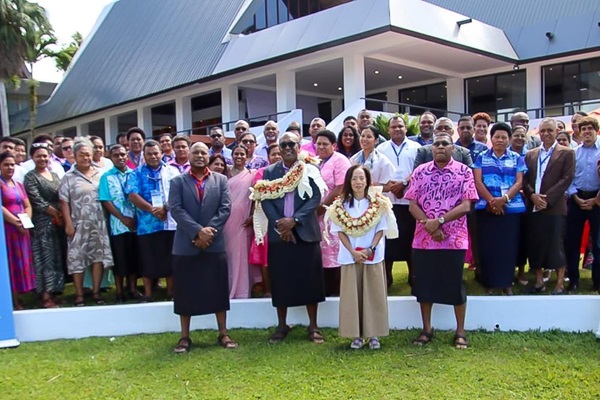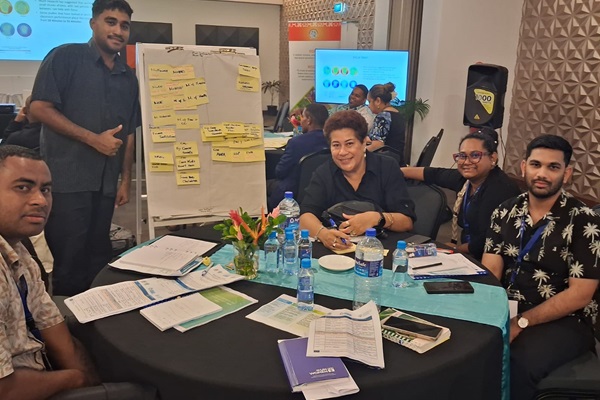OVERVIEW
Accelerating Food Systems Transformation through a Scalable Success Model
The Scalable Success Model project is a 36-month, EU-funded initiative coordinated by the UN Food Systems Coordination Hub with UN agencies and National Convenors. It helps countries turn their national food systems pathways into action – tackling food insecurity, malnutrition, climate change, and biodiversity loss with practical, country-led solutions.


WHY NOW
Momentum from the 2021 UN Food Systems Summit, the 2023 Stocktaking Moment (UNFSS+2) with the UN Secretary-General’s Call to Action for Accelerated Food Systems Transformation, and the 2025 Stocktake (UNFSS+4) with a new Call to Action reinforcing the urgency of scaling up support, has made the case clear: commitments must translate into implementation. This project does exactly that – providing targeted support where countries need it most.
WHERE WE WORK

National level
Direct support to National Convenors in eight countries to strengthen enabling environments and accelerate implementation of national pathways.

Regional level (Africa)
Support to the African Union and partners to integrate food systems transformation into continental frameworks, including the Comprehensive African Agriculture Development Programme (CAADP).
CURRENT COUNTRIES
The main outcomes
Stronger national capacity
to advance food systems transformation and operationalize national pathways.
Policy coherence at regional level
by embedding food systems transformation into development frameworks – starting with Africa and CAADP.
Better tracking and connectivity
between country progress and global processes, enabling learning and scale.

HOW IT WORKS
The project process
The project follows a clear cycle that ensures country ownership, evidence-based design, and continuous learning:
- Preparation – National Convenors and UN Country Teams are briefed and engaged, launching inclusive dialogues to set the stage.
- Design – Countries map needs, review best practices, and build consensus through national dialogues to shape context-specific plans.
- Implementation – Priorities and plans identified during design are put into action with support from partners.
- Learning – Regular consultations capture lessons, strengthen capacity, and feed into the Scalable Success Model for future use.
RESOURCES
Implementing National Food Systems Pathways: Emerging Practices
A practical reference for National Convenors and UN Country Teams – featuring examples and good practices from countries for building the national structures that turn vision into action.


RESOURCES
Country Case Studies
Complementing the publication, a set of country case studies offers practical illustrations of how nations are advancing their food systems transformation pathways in diverse contexts.
Further information
For more information about the project, please send your queries via email to [email protected].










